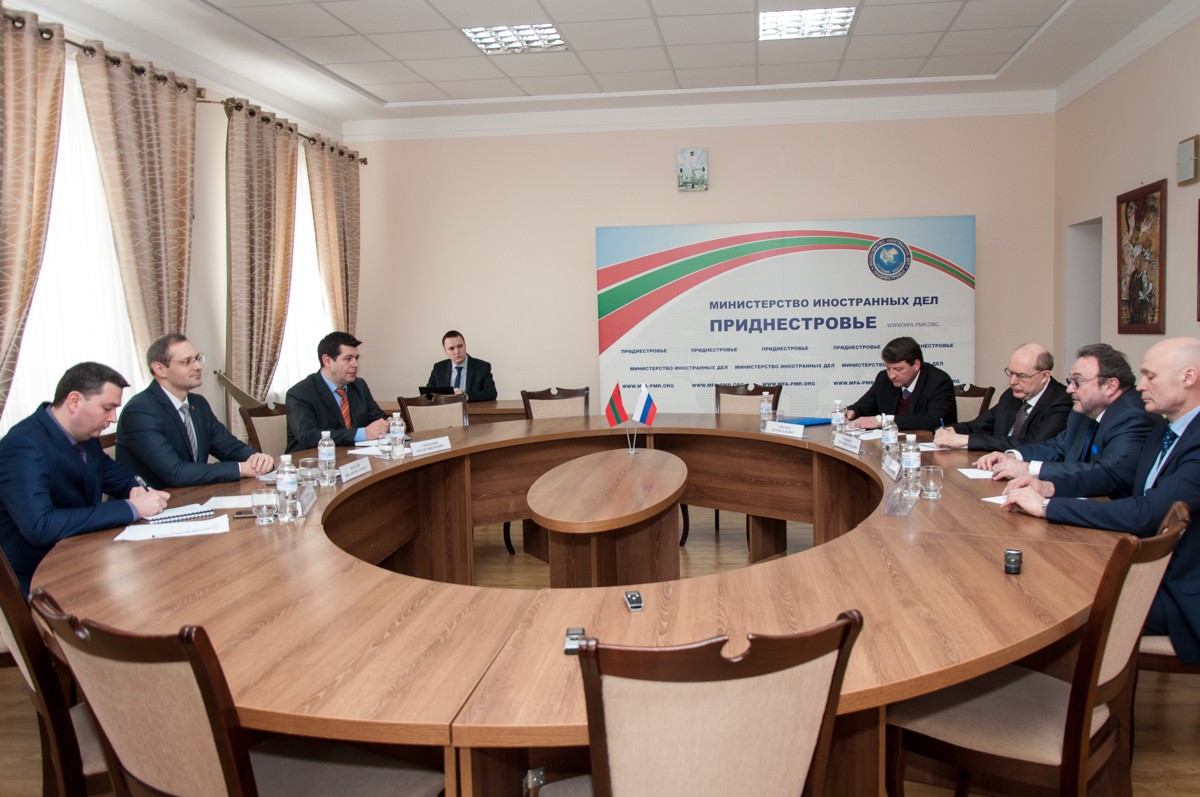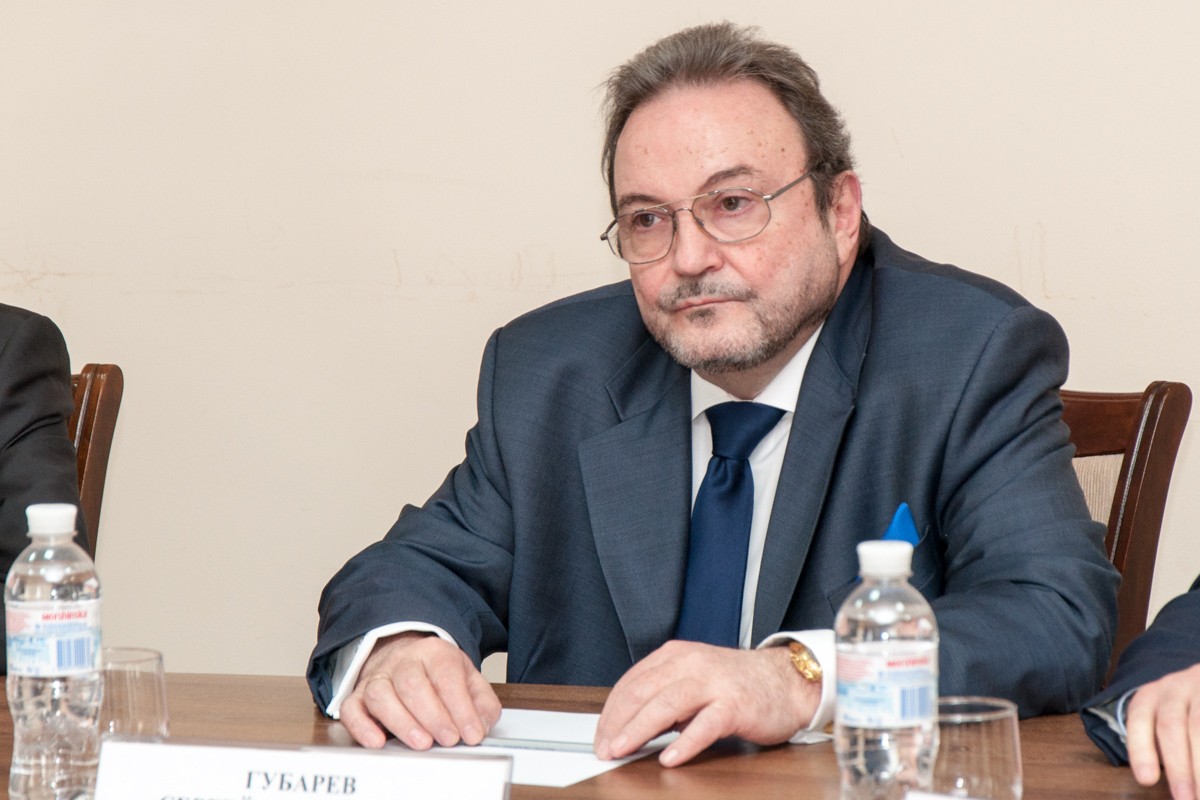Tiraspol, 14 February. /Novosti Pridnestrovya/. Ambassador at large Sergey Gubarev, representing Russia in the negotiation process on the Moldo-Pridnestro
During the press conference, the Pridnestrovian minister emphasised the significance of intensive work at all negotiation levels, noting that today there are all prerequisites for it.
«Despite the fact that there are our proposals, initiatives and drafts of protocol solutions on the negotiating table, the Moldovan side is reluctant to draw closer and work constructively. There is a need for a certain political impetus, for something invisible called 'political will'. And it is not the problem for Pridnestrovie. I hope that the support of our Russian partners will help us to move towards each other," added Ignatyev.
Sergey Gubarev, in turn, spoke about the necessity to establish the «rhythmic work» of the «Permanent conference…»
«I will not hide it, but it is the first time I have found myself in a situation where the sides — Kishinev and Tiraspol — want to resume a normal rhythm of the work of the 'Permanent conference…', and this does not meet a proper response from the special representative of the OSCE chairman-in-offi
According to Sergey Gubarev, the continuation of the «5+2» format negotiations, the last round of which was held in Berlin on 2−3 June 2016, is of particular importance. «Negotiations are not spectacular, but rather routine and mundane work. It is not a circus or theatre performance, nor an action film. But this is an opportunity for the sides to convey their approaches, to reveal their vision of problems and express claims to their partners. But most importantly, in the course of these negotiations, [we are using] collective intelligence to explore ways to address the existing issues. Therefore, I think the task of returning to the rhythmic work of the 'Permanent conference…' is currently one of the most urgent," he said.
The foreign minister underscored in this respect that the «unjustified and irrational pause» in the negotiating process that took place last year «had resulted in negative costs». «This is due to the fact that the Berlin Protocol or at least some of its provisions have not been properly implemented. Some additional problems related, first of all, to railway freight traffic have since emerged. We think this kind of sluggishness is inadmissible. It is necessary to solve both current issues and prevent any pressure on one side of the negotiating process. I'd say, the equal side, which is Pridnestrovie in the '5+2' format," underscored Vitaly Ignatyev.












